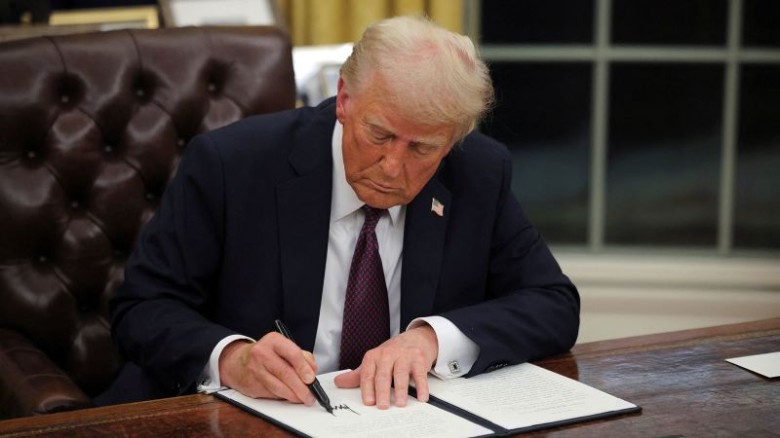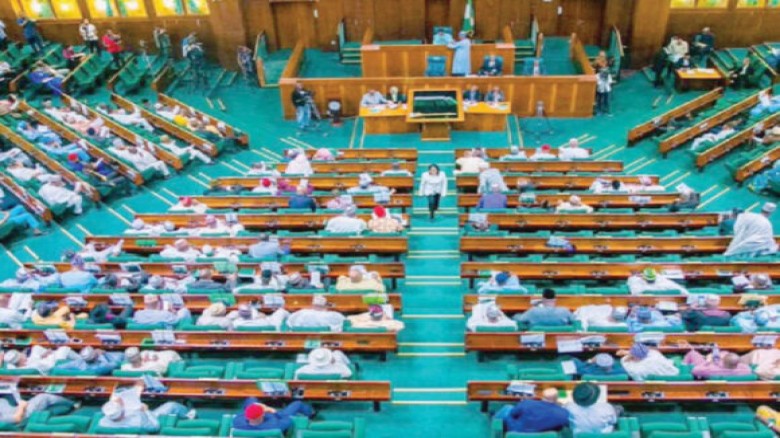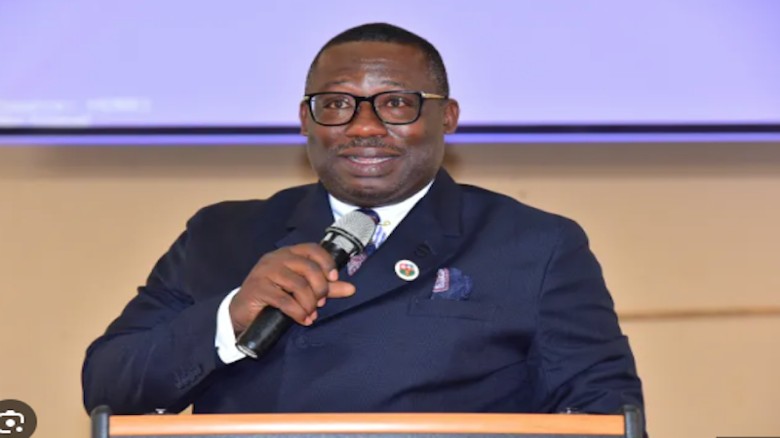NACCIMA urges FG to take action urgent against rising poverty
The Nigerian Association of Chambers of Commerce, Industry, Mines, and Agriculture has urged the federal government to take immediate and decisive action to address Nigeria's rising poverty crisis.This appeal follows the World Bank's April 2025 Africa's Pulse report, which indicated that Nigeria had the highest proportion of extremely poor people in Sub-Saharan Africa, accounting for 19%.
This figure indicates that over 106 million Nigerians are living in extreme poverty, accounting for approximately 15% of the world's lowest population.
The analysis also predicts that Nigeria's national poverty rate will jump to 56% by 2027, emphasizing the country's worsening economic catastrophe.
In reaction, Dele Kelvin Oye, NACCIMA's National President and Chairman of Nigeria's Organised Private Sector, described the findings as a clear reminder of the serious challenge faced by rising poverty.
Oye identified many main causes exacerbating the situation, including growing inflation, young migration, and an expanding fiscal imbalance, all of which necessitate immediate, focused, and effective policy interventions.
He also questioned the Central Bank of Nigeria's monetary policy, claiming that commercial lending rates of 30-40% stifle entrepreneurship, industrial production, and agricultural growth.
While these high interest rates are designed to contain inflation, they unintentionally hinder the private sector's ability to create jobs and foster innovation.
To address these issues, NACCIMA has advocated for targeted funding and special lending windows for micro, small, and medium-sized businesses and critical sectors at concessional rates.
Oye stated that these policies are critical to reviving economic growth, creating jobs, and ensuring food security.
He also emphasized the significance of solid public financial management to support these efforts, encouraging the Federal Government to prioritize capital spending above recurrent expenses. Instead than raising tax rates, increase the tax base.
Increase expenditure efficiency and eliminate financial leakages.
Accelerate the sale or concession of underperforming governmental assets.
Oye also raised alarm about the growing tendency of skilled youth migration, known as "Japa," which is fueled by economic disenfranchisement and insecurity.
To solve this, he suggested large-scale public works projects, digital skills training, and greater security sector spending in the most afflicted areas.
He underlined the importance of youth-focused entrepreneurship efforts as well as the development of rural firms, notably in agriculture and light manufacturing, in order to make staying in Nigeria a more practical and enticing alternative.
Oye noted the changing global economic and geopolitical scene, citing the dollar's losing influence as a result of the US's reduced worldwide share, the abuse of dollar-based sanctions, and the emergence of digital settlement methods beyond traditional channels such as SWIFT.
He advised Nigeria to carefully reorient its foreign policy in order to respond to these developments and improve its economic standing.
























Leave A Comment